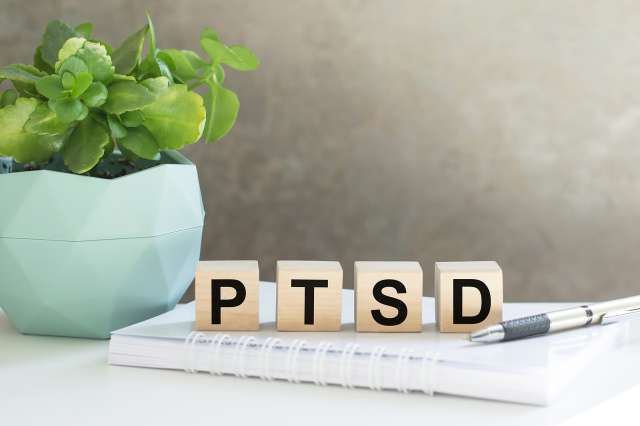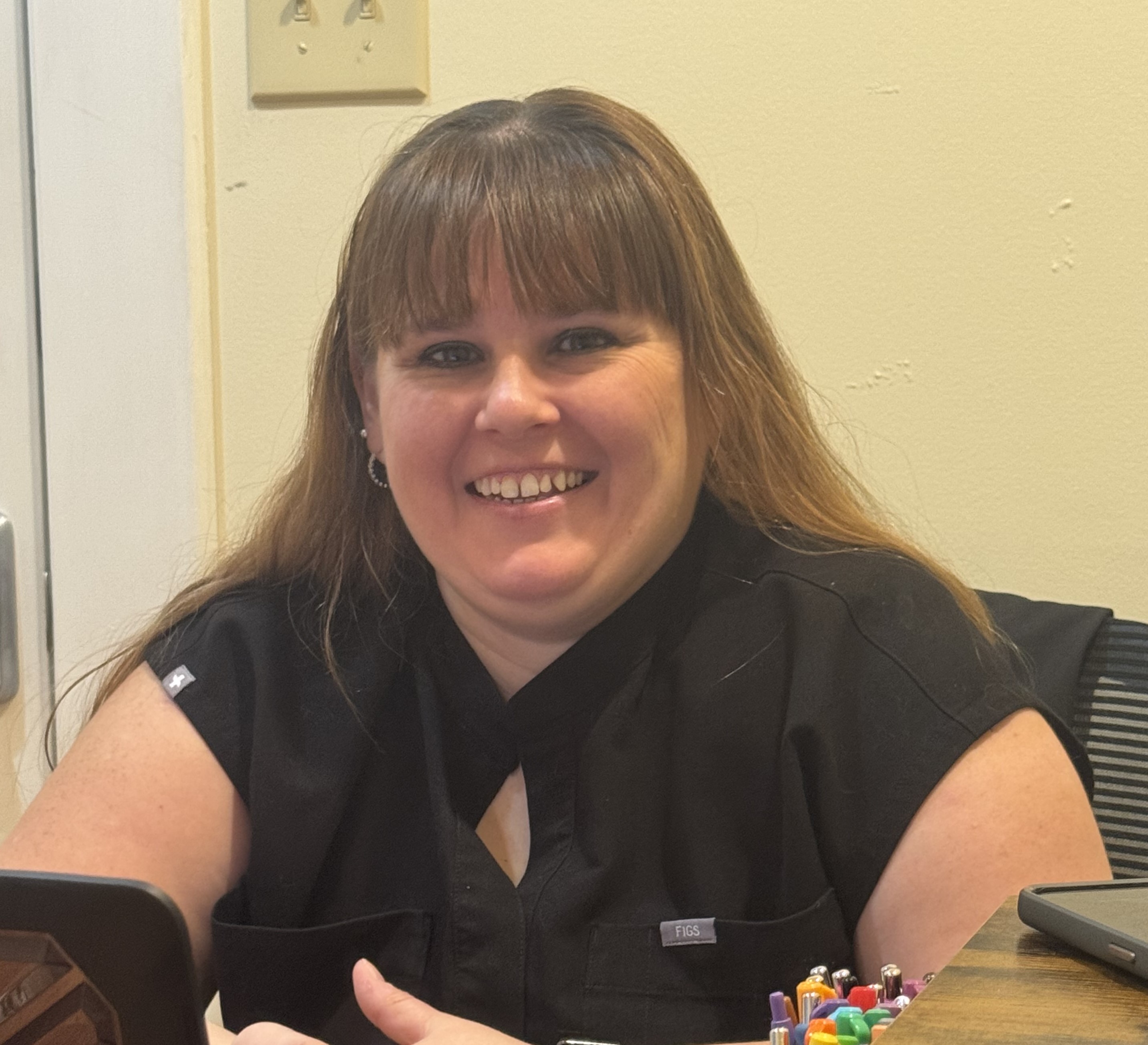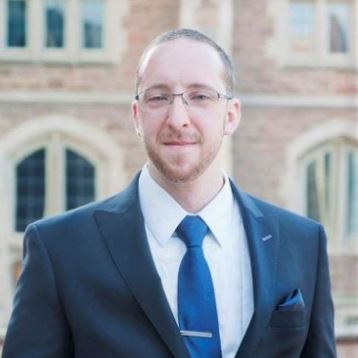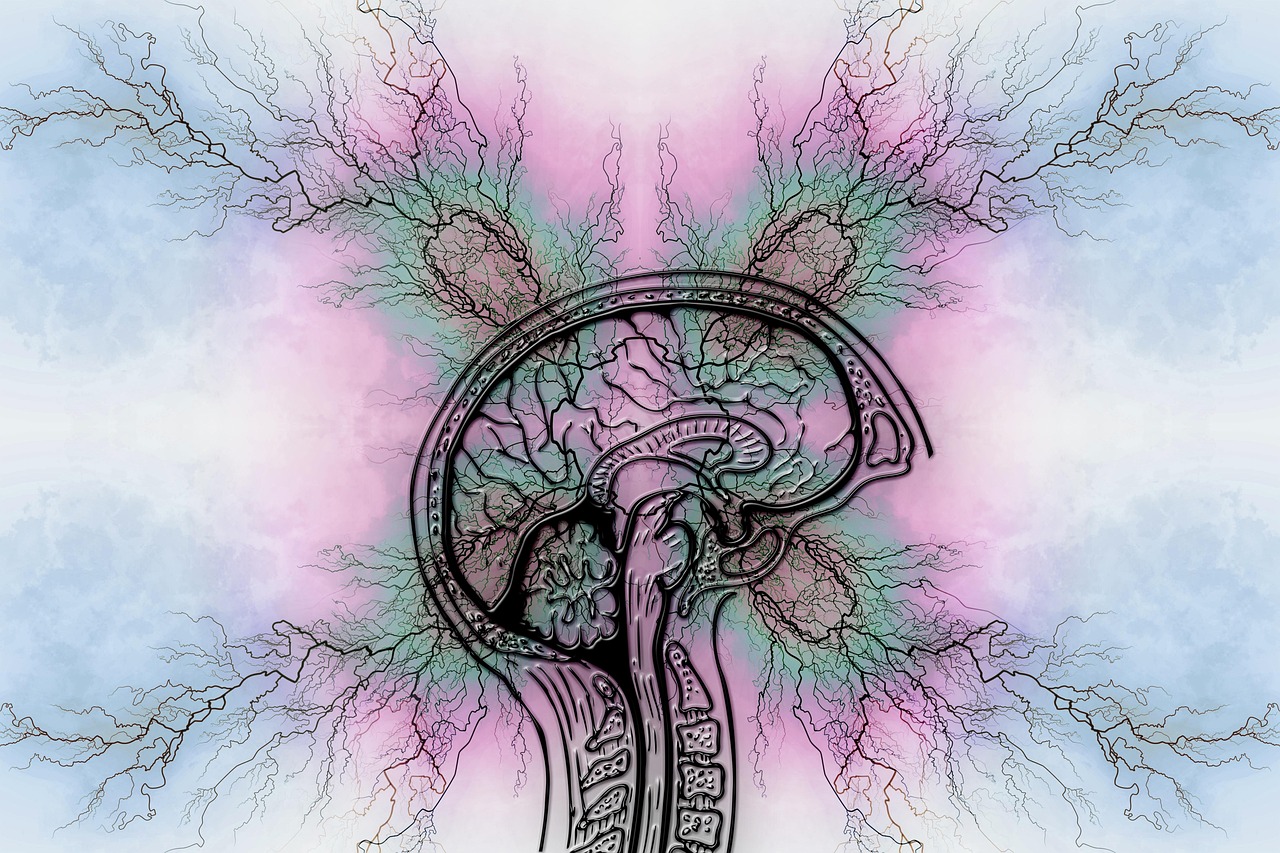Compassionate Trauma Therapy & PTSD Specialists in St. Louis, MO
You are not alone and it wasn't your fault. Our trauma therapists are here to help.
Time seems to have no impact on the way that you feel.
There could be 10 minutes, 10 days, or 10 months separating you from what happened, but it doesn’t seem to matter. It still feels fresh. Often, it feels like you’re walking through the situation in real-time. Without warning, it sneaks up on you when you’re not expecting it and brings you back to the place you just came from. It can feel like all the progress you have made has gone out the window. You may catch yourself placing a tremendous amount of guilt on yourself.
Then, there are points when it feels like you’ve moved on. Your day isn’t defined by what happened, and you can go through the motions. You might even start to feel like yourself again. You can go back to doing the things you enjoy, and your days start to resemble what they used to look like. At times, it might even feel like you're invincible.
Whether you’re feeling stuck like you did in the beginning or starting to pick up the pieces, you probably feel exhausted. The cycle of feeling better to feeling stuck doesn’t feel like it’s in your control. If you find yourself reluctantly participating in this song and dance routine, you may be experiencing the aftermath of trauma.
What is trauma?
Trauma, in the simplest of terms, is a normal reaction to an abnormal experience or situation. If someone has experienced trauma, this means that they have experienced an emotionally distressing event. This event looks different for each person that has experienced trauma. Regardless, this event has a serious negative impact on that person. With that in mind, every one person's response to trauma looks different as well. A traumatic event can happen to any person at any time of their life and can lead to a variety of consequences.

How does trauma happen?
Trauma is not just something that veterans or people in life-or-death situations experience. Trauma can occur anytime you might have felt threatened in a variety of capacities. Examples of situations that fall into this category include, but are not limited to:
- Being bullied at school,
- The abandonment from or the death of a loved one,
- A sexual experience that happened without consent,
- Physical pain or injury,
- Serious illness,
- Violence in an intimate relationship,
- Neglect of emotional support from a parent or caregiver.
Big ‘T’ traumas
Big ‘T’ traumas refer to situations that most people would consider to be traumatic. Typically, this is something that might be on the news. Some of these incidents include combat, plane crashes, car accidents, death of a loved one, physical or sexual assault, or experiencing a terrorist attack. Of course, more situations fall into the big ‘T’ category. Most of the time, any situation that is perceived as being life-or-death falls into the category of being a big ‘T’ traumas.
Little ‘t’ traumas
Aside from big ‘T’ traumas, there are also little ‘t’ traumas. Little ‘t’ traumas are events that are considered traumatic on a personal level and can vary from person to person. These situations are still threatening, but not always life-or-death. Most people have experienced some form of little ‘t’ trauma in their life. These situations can include the loss of a relationship, non-life-threatening injury, divorce, emotional abuse, or bullying.
Regardless of the type of trauma, experiencing trauma can lead to an individual experiencing PTSD or PTSD-like symptoms. People rarely grow out of trauma and need a gentle, non-judgmental guide from a trauma therapist to help them process the traumatic event to alleviate PTSD-like symptoms.
What is PTSD?

PTSD or post-traumatic stress disorder is a mental health condition that is caused by experiencing or witnessing a traumatic event(s). This event can include either big or little ‘t’ trauma. Ultimately, this is typically a situation that the person perceives to be life-threatening for themselves or for someone else. If someone has PTSD, it’s can usually be traced back to a specific event, instance, or time period.
How do I know if I have PTSD?
If someone has PTSD, there are a few symptoms that they often experience. This includes:
- Vivid flashbacks of the event after the event is over.
- Intrusive thoughts, making the person feel like they can’t stop thinking about the trauma.
- Nightmares after the trauma. Some people have nightmares about the event that replay in their minds. For others, they have nightmares about distressing events that might be similar to the trauma, but they don’t have to be.
- Intense distress at real or symbolic reminders of the trauma. For example, feeling intense panic when you feel a sensation that reminds you of the incident.
- Physical sensations, like pain, sweating, nausea, or trembling when you are triggered and reminded of the trauma.
Symptoms of Trauma
Every person that experiences a traumatic experience has different symptoms. However, here is a list of common symptoms our trauma therapists have seen:
- Experiencing shock, denial, or disbelief after the event is over.
- Feeling confused or having trouble concentrating in a variety of different settings. Some people experience this in school, work, and family settings.
- Finding yourself feeling angry, irritable, anxious, and/or fearful when thinking about the event.
- Experiencing guilt, shame, or blaming yourself for the situation.
- Withdrawing from others, feeling sad and/or hopeless. This change is typically something that is different from how you normally feel.
- Feeling disconnected or numb that isn’t caused by something else.
Trauma therapy in St. Louis, MO can help.

You thought something was okay at the time, but you cannot stop thinking about it. You have not felt comfortable sharing the experience with your family or friends. You have overwhelming feelings like shame or embarrassment regarding the event and worry that others will judge you. Sometimes you see places, people, or things that remind you of the event and feel overwhelmed, anxious, or fearful. Memories or thoughts from the experience keep coming up and leave you with a disturbing feeling.
However, you’re not alone in this experience. At Open Arms Wellness we are trauma-informed and can help. This is no longer a feeling you have to carry on your own. Our trauma therapists are here to help you work towards feeling the way you want, and feel like you’re in control of your life again.
Our Trauma Therapists’ approach to Trauma Therapy and PTSD Treatment
Our trauma therapists understand that this is a difficult path for you. Situations may not have gone the way they were supposed to, and you’re doing your best to pick up the pieces. Through evidence-based interventions, our trauma therapists can help you work through this experience. We have a team of highly trained trauma therapists that have experience helping people going through the situations that you find themselves going through.
Brainspotting in Trauma Therapy
Brainspotting is a form of trauma therapy that aims to help people guide through their thoughts by focusing on where they lay their eyes. Trauma therapists help to guide their client’s eyes with the intent to help them target sources of negative emotion. By guiding the eyes to certain “brainspots”, research shows that this approach activates a traumatic memory or painful emotion. This allows the client to fully process the emotions on a deeper level than traditional talk therapy. In addition, there’s research to suggest that brainspotting can help to alleviate the physical effects of trauma.
EMDR in Trauma Therapy

EMDR, or eye movement desensitization and reprocessing, is another form of trauma therapy implemented by our trauma therapists. EMDR is a treatment that aims to help people heal from the aftermath of trauma. EMDR works by implementing bilateral stimulation to help ‘process’ the traumatic memory so that information from the traumatic event can be stored in someone’s memory without causing distress. Research supports that EMDR treatment can be effective in helping people to fully process their traumatic experiences to assist them in moving forward without feeling stuck.
Begin Trauma Therapy in St. Louis, MO
You’ve done your best to move forward, and you’ve done a great job. Starting trauma therapy in St. Louis, MO can help you continue to move forward. Our trauma therapists are skilled and experienced working with individuals that are navigating similar experiences to what you are right now. We're our trauma therapists are ready to assist you in our St. Louis based counseling office or through online therapy. When you’re ready to begin trauma therapy in St. Louis, MO, follow these steps:
- Schedule an appointment.
- Get to know our team of trauma therapists.
- No longer feel stuck in your circumstances!



































